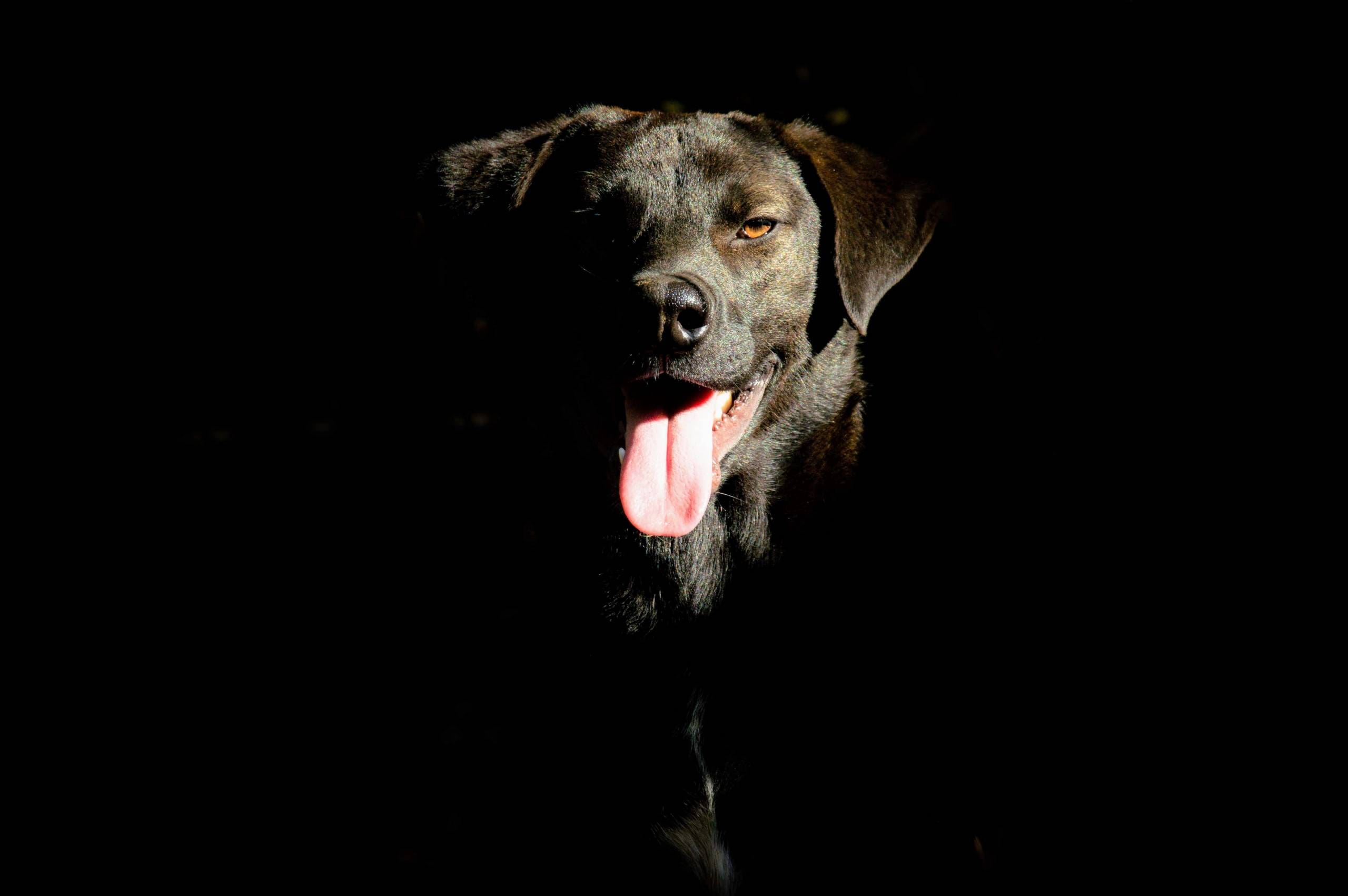Seeing your dog panting at night can be alarming. As a pet owner, it’s normal to be concerned about your furry friend’s well-being, especially when unusual behaviors arise. While panting is common for dogs, nighttime panting often raises questions. Is your dog uncomfortable? Could there be an underlying health issue? Grasping the reasons behind your dog’s nighttime panting can help determine whether it’s a normal occurrence or something that needs attention.
Causes of Panting
Panting is primarily a way for dogs to regulate their body temperature. Unlike humans, dogs don’t sweat; they rely on panting to cool down. If your dog has been active, excited, or exposed to warm temperatures during the day, it’s reasonable for them to cool off by panting. However, if your dog is panting at night when the environment is usually calm, it may indicate something else.
Anxiety as a Trigger
One common reason for nighttime panting is anxiety. Dogs can experience stress or anxiety, manifesting as panting. This could stem from various factors—perhaps your dog is uneasy due to a thunderstorm or fireworks nearby. Environmental changes, unfamiliar noises, or shifts in the household can also trigger anxiety in dogs. If your dog is panting at night and appears restless, they may be grappling with anxiety.
Health Considerations
Health issues can also lead to increased panting. Conditions such as heart disease, respiratory problems, or pain might cause discomfort, prompting your dog to pant more frequently. If panting is accompanied by other symptoms like lethargy, coughing, or loss of appetite, consulting a veterinarian is essential to rule out underlying medical concerns.
The Impact of Obesity
Obesity can contribute to nighttime panting. Overweight dogs may struggle to breathe, particularly when resting or sleeping. If you suspect your dog is overweight, discussing a weight management plan with your veterinarian is advisable. Maintaining a healthy weight is crucial for your dog’s physical health and overall comfort.
Age-Related Changes
Age can also influence panting behaviors. Senior dogs may experience more panting, especially if dealing with age-related conditions like arthritis or cognitive dysfunction. If your older dog is panting at night, it could be due to discomfort or confusion. Monitoring their behavior and consulting your vet can ensure they are comfortable and well cared for.
Sleeping Environment Matters
Consider your dog’s sleeping environment if nighttime panting is an issue. Is it too hot? Is there adequate airflow? Dogs can become overheated, especially if snuggled in a warm blanket or in a high-temperature room. Providing a comfortable, cool sleeping area can help mitigate panting. Additionally, ensuring access to fresh water can keep your dog hydrated and comfortable.
Activity Levels and Exercise
Your dog’s overall activity level is also worth noting. Dogs that don’t get enough exercise may experience pent-up energy, leading to restless nights and panting. Regular exercise is essential for dogs to expend energy and maintain health. Incorporate daily walks, playtime, and mental stimulation to keep your dog engaged and relaxed by bedtime.
Dietary Considerations
Evaluate your dog’s diet, as certain foods can lead to increased thirst and panting. For instance, a high-sodium diet may cause your dog to pant more due to dehydration. Ensuring your dog’s food meets their nutritional needs can significantly impact their overall health and comfort.
Observing Patterns
Pay attention to your dog’s panting patterns. Is it consistent every night, or does it vary? If panting comes and goes, specific triggers may be at play. Keeping a journal can help identify patterns and possible causes, facilitating discussions with your vet if necessary.
Sleep Disturbances and Nightmares
If your dog’s panting seems linked to specific situations, consider the possibility of nightmares or other sleep disturbances. Just like humans, dogs can dream, and these dreams might lead to restlessness or panting. While this is a normal part of sleep, it can be distressing for pet owners to witness.
Severe Health Concerns
In some instances, panting may indicate a more severe issue, such as heat stroke. If your dog has been exposed to high temperatures and shows signs of excessive panting, drooling, weakness, or confusion, seek immediate veterinary care. Heat stroke is a life-threatening condition that requires prompt attention.
Monitoring and Responding
As a responsible pet owner, closely monitor your dog’s health and behavior. If you notice persistent nighttime panting alongside other concerning signs, it’s wise to take precautionary measures. Regular veterinary check-ups can help catch potential issues early, ensuring your dog remains healthy and happy.
Creating a Calm Environment
Establishing a calm nighttime environment can alleviate anxiety-related panting. A consistent bedtime routine can provide comfort, which might include a calming walk, quiet playtime, or soothing music. Dogs thrive on routine, and a predictable schedule can enhance their sense of security and promote better sleep.
Owner Behavior and Atmosphere
Consider your own behavior, as dogs are highly attuned to their owners’ emotions. If you’re feeling anxious or stressed, your dog may pick up on those feelings, leading to increased panting. Creating a serene atmosphere benefits both you and your dog.
Exploring Calming Aids
If various strategies have been attempted and nighttime panting persists, exploring calming aids may be beneficial. Some dogs respond well to anxiety wraps, pheromone diffusers, or natural supplements designed to promote relaxation. Consulting your veterinarian can help identify the best solution for your dog’s specific needs.
Final Thoughts on Nighttime Panting
Understanding the reasons behind your dog’s nighttime panting requires patience and observation. Each dog is unique, and what works for one may not work for another. By closely monitoring your dog’s behavior, you can better meet their needs and create a comfortable environment for them.
Ultimately, while panting is a natural behavior for dogs, excessive nighttime panting can indicate underlying concerns. Being proactive about your dog’s health and well-being will help ensure they remain happy, healthy, and comfortable.

